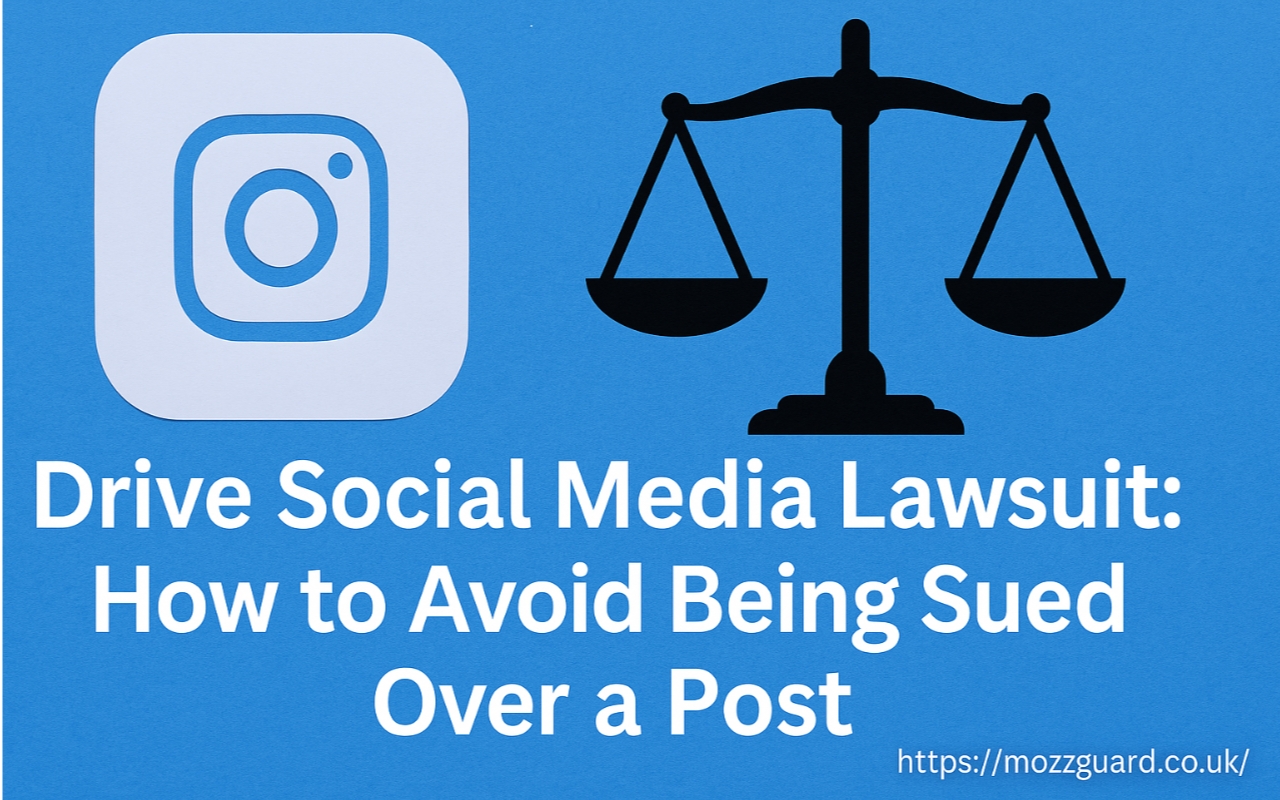Understanding the Basics of Social Media Lawsuits
In today’s digitally connected world, social media platforms are more than just tools for communication; they are powerful instruments that can influence opinions, spread news, and even trigger legal consequences. A social media lawsuit refers to any legal action taken due to content posted on platforms like Facebook, Twitter, Instagram, TikTok, and others. These lawsuits can arise from defamation, invasion of privacy, copyright infringement, or even violations of employment contracts. Understanding the basics of what Drive Social Media Lawsuit is essential for individuals and businesses to navigate the online landscape safely.
Common Legal Grounds That Drive Social Media Lawsuits
The legal grounds for social media lawsuits vary but typically fall under a few key categories. Defamation, both libel (written) and slander (spoken), is among the most common reasons individuals find themselves facing a lawsuit due to social media posts. Another major trigger is the invasion of privacy, such as sharing private images or information without consent. Copyright and trademark violations are also prevalent, particularly with content creators who may unknowingly use protected material. Additionally, issues related to harassment, cyberbullying, and even employment-related disclosures can lead to litigation.
Real-Life Cases That Highlight the Risks
Numerous high-profile cases underscore the real risks associated with social media misuse. For example, celebrities and influencers have been sued for defamation due to false claims or unsubstantiated accusations posted online. In one case, a beauty influencer faced a lawsuit after publicly accusing another of unethical business practices without concrete evidence. Similarly, companies have faced backlash and legal trouble for social media posts deemed misleading or harmful. These examples demonstrate how easily a single post can escalate into a full-blown legal battle.
The Role of Intent and Perception
Intent behind a post is important, but perception often plays a larger role in legal matters. Even if a post was meant as a joke or a personal opinion, if it’s perceived as defamatory, harmful, or infringing, it can result in legal action. This is particularly critical in cases involving satire, parody, or emotional commentary. The line between freedom of speech and harmful content is thin, and misinterpretations can lead to lawsuits that are both time-consuming and costly.
Legal Protections and Limitations on Social Media
The First Amendment protects free speech in the United States, but it doesn’t grant immunity from lawsuits stemming from social media activity. There are clear legal limitations to what can be posted online. For instance, false statements that harm a person’s reputation can be actionable under defamation laws. Similarly, posting someone’s private data or images without permission can violate privacy laws. Intellectual property laws also restrict the use of copyrighted music, videos, and images. Understanding these limitations is crucial to avoiding lawsuits.
Tips to Avoid Driving a Social Media Lawsuit
To minimize the risk of facing a lawsuit, users should adhere to several best practices. First, always verify information before sharing it, especially if it pertains to individuals or companies. Second, obtain permission before using images, music, or other content that may be copyrighted. Third, be mindful of tone and language; avoid inflammatory, accusatory, or potentially harmful comments. Fourth, review and understand the platform’s community guidelines and terms of service. Finally, consider consulting a legal professional before posting content that could be seen as controversial or sensitive.
The Importance of Digital Literacy and Social Responsibility
Digital literacy is more than just knowing how to use social media platforms; it involves understanding the broader implications of online behavior. As the digital world becomes increasingly intertwined with daily life, it is imperative to promote social responsibility. Educating users—especially younger audiences—about the potential legal consequences of their online actions can significantly reduce the incidence of lawsuits. Schools, workplaces, and social organizations can all play a role in fostering a more legally aware online community.
How Businesses Can Protect Themselves
For businesses, the stakes are even higher. A single problematic post from a company account or employee can tarnish a brand’s reputation and lead to legal trouble. To protect themselves, businesses should implement comprehensive social media policies that outline acceptable use, content guidelines, and escalation procedures. Training employees about responsible social media usage and regularly auditing online content can also help mitigate risks. In some cases, hiring a social media manager with legal knowledge can be a wise investment.
Responding to Legal Threats from Social Media Activity
If a user or business receives a legal threat due to a social media post, the response should be measured and strategic. First, avoid deleting the post immediately, as this could be seen as an attempt to destroy evidence. Instead, document everything and consult a lawyer. A legal professional can help assess the situation, determine the best course of action, and potentially negotiate a resolution before the matter escalates to court. Transparency, cooperation, and a willingness to correct mistakes can often prevent further legal consequences.
Conclusion: Think Before You Post
In conclusion, the phrase “think before you post” has never been more critical. As social media becomes an integral part of our personal and professional lives, the legal ramifications of online content grow increasingly significant. Understanding what Drive Social Media Lawsuit, recognizing potential risks, and taking proactive steps to avoid legal pitfalls are essential for anyone who uses digital platforms. By being informed and cautious, users can enjoy the benefits of social media without falling into the trap of legal trouble.
Read more: Ashcroft Capital Lawsuit: What Investors Need to Know



